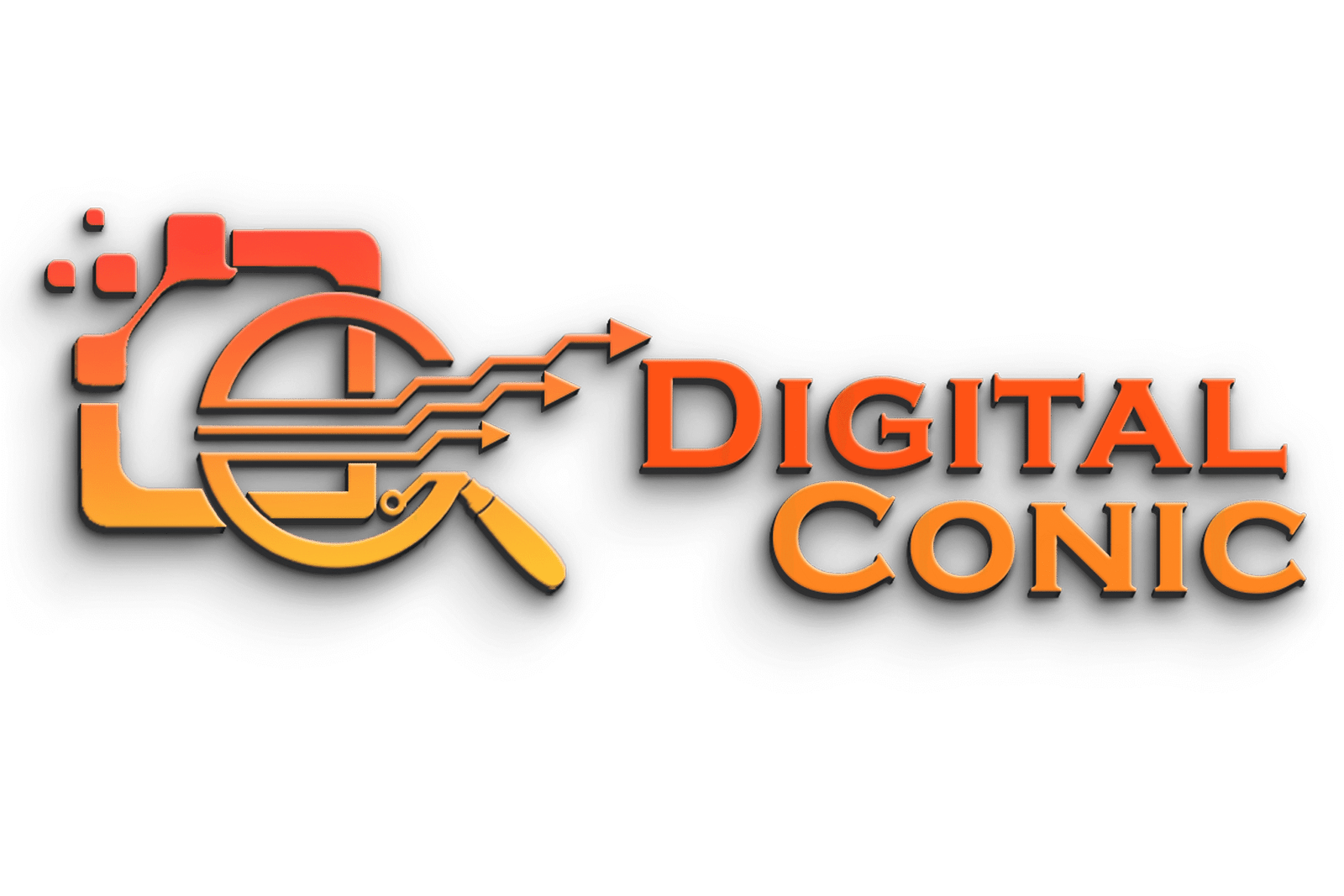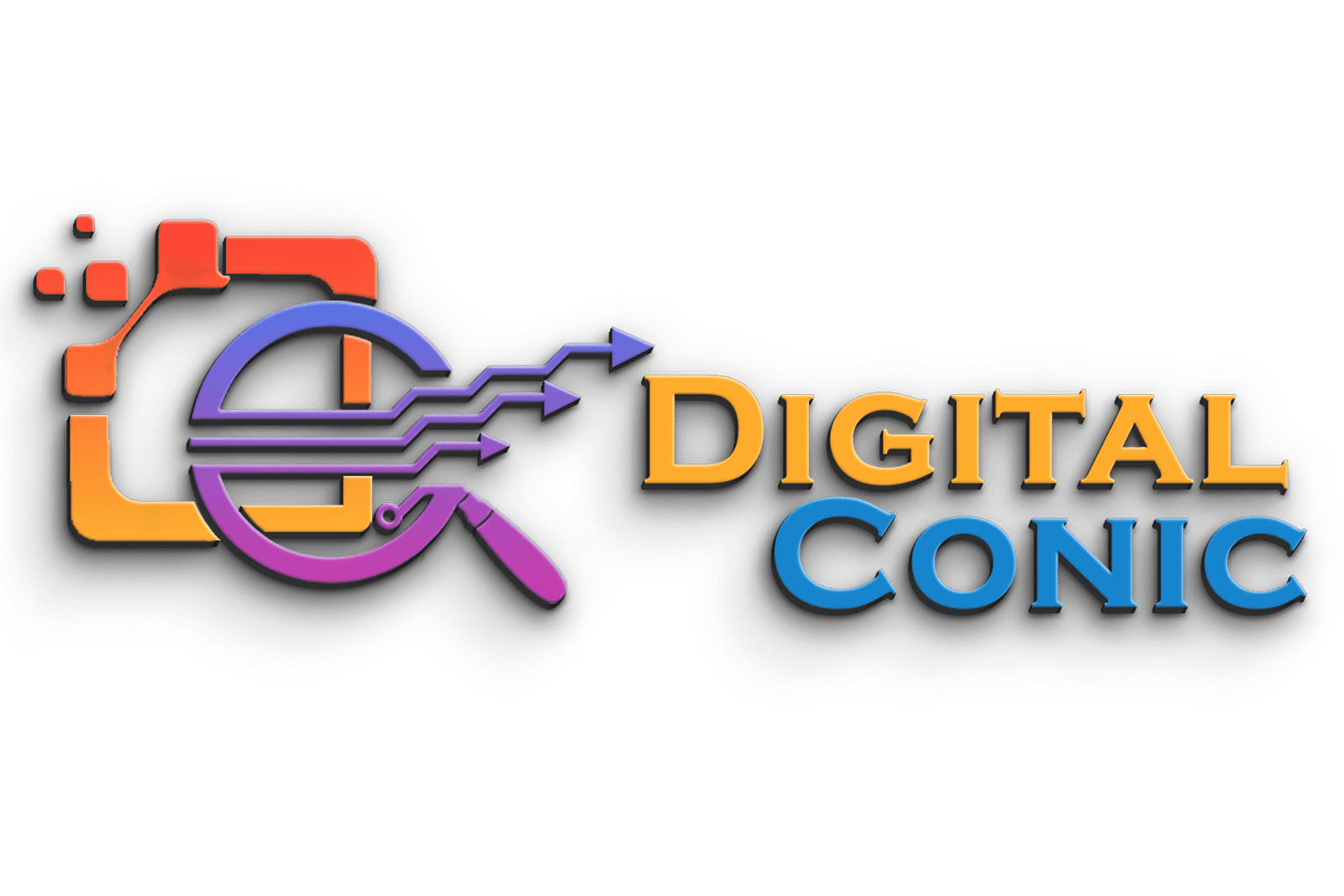Introduction to SEO
What is SEO?
SEO for Small Business: Search Engine Optimization (SEO) is a coherent system of tactics, techniques, and methods that enhance the exposure of a webpage or website in the unpaid or “organic” search results of a search engine. Every business aspires to maximize the number of site visitors, and SEO accomplishes this by improving a site’s listing on Google and other search engines. It is a blend of art and science featuring keywords, content, site structure, and links that ultimately improve a site’s ranking. In other words, SEO situates your online storefront in one of the busiest locations—the search engine results page.
Why Small Businesses Should Invest in SEO
For small businesses, every marketing dollar needs to be utilized properly. SEO allows for a long-term marketing plan that is cost-effective, helping your website gain visibility to prospective customers without paying for each click like in PPC campaigns. SEO is not only more effective than traditional advertising, but it also brings in a steady stream of organic traffic. In addition, SEO builds trust and credibility. When businesses show up near the top of a Google search, it instantly indicates to users that the business is a notable and authoritative figure in their industry. For small businesses with limited resources, that kind of visibility in Southeast Asia can be the difference between stagnation or growth.
Core Elements of SEO Plan
On-Page SEO
SEO for Small Business: On-page SEO is concerned with the improvements that can be made within a website’s content and HTML code. This includes to proper use of word choice, using a logical flow of ideas, as well as ensuring that the site is user-friendly.
Keyword Research
SEO for Small Business: Identifying critical areas of focus for your audience is essential for effective SEO, and keyword research is the best starting point. To scale for smaller audiences, long-tail keywords which are more niche and less contested can be targeted. Google’s Ubersuggest, SEMRush, or Google Keyword planner are excellent tools that can help pinpoint these gaps. It is important to maintain a healthy balance between relevance, competition and keyword volume.
Meta Tags Optimization
Your meta title and description show up as meta tags on the SERP, and descriptions should always stay compelling. The click rate can skyrocket by using primary keywords in the title while inviting descriptions boost the number of hits. Like most SEO customizing tasks, offering a precise yet captivating meta title and description should be phrased differently for every single webpage to enhance exposure and accurately portray content discussed therein.

Internal Linking
SEO for Small Business: Links that lead to different pages within the same domain are called internal links. These not only aid in navigation but also serve to distribute basic link equity throughout the entire domain. With strong internal linking, search engines can index content more easily as well as understand the hierarchy which will lead to enhanced rankings.
Off-Page SEO
Off-page SEO refers to factors outside the website that influence the authority and ranking of a website.
Backlink Building
Backlinks are considered links coming from external websites to your business site. They act as tokens of trust analogous to votes in the domain of search engines. Acquiring authoritative backlinks from highly ranked and related sites increases your ranking and credibility. For small businesses, you may obtain backlinks through guest blogging, local sponsorships, online directories, and business partnerships.
Social Signals
SEO for Small Business: Indirectly, social media platforms are considered in the process of ranking a website. Shared content with huge engagement amplifies brand recognition and may lead to additional backlinks. Active use of Facebook, Instagram, and LinkedIn can enhance traffic and engagement resulting in improved SEO.
Technical SEO
As part of SEO, a business should focus on optimizing the visibility of a website for crawling and indexing by search engines. These are not notable to users but focus on hidden elements under the site’s surface, which is very important for SEO.
Site Speed Optimization
The speed with which pages load has been recognized as one of the ranking factors a website can be rated on. Having a slow website can frustrate users leading a higher bounce rate. Improve your site by optimizing images, enabling browser cache, and minimizing code sections (HTML, CSS, JavaScript) of your site.
Mobile Responsiveness
Overall user engagement has sharply increased over the years; however, in contrast, mobile browsing is particularly popular. The latest trend in Google’s algorithm updates is mobile-first indexing; therefore, the mobile version of your site is now prioritized for determining rank. Usability and ranking require the existence of responsive design which adapts to various screen resolutions.
Secure Sockets Layer (SSL)
The importance of security can never be understated. The SSL certificate ensures safety between a user and a site, protecting the link’s information. When compared to HTTP connections, Google favors HTTPS secured websites. Using HTTPS also increases user trust, especially when sensitive information like personal and payment details are shared.
Local SEO – A Game-Changer For Small Business
Google My Business Optimization
For small businesses servicing specific locales, creating and optimizing a Google My Business (GMB) listing is essential. The profile should have complete and accurate business name, operating hours, contact information, photographs, and business categories. By regularly posting and responding to comments, you can improve your chances of being in the local “3-pack,” the three listings under the map during local searches.
Local Citations
Every mention of a business’s name, address, and phone number (NAP) on websites and directories are termed local citations. Business information should be consistent across platforms eg. Yelp, Yellow Pages, and local business directories. Searching for this data can confuse search engines if the data is inconsistent which will severely harm the local ranking.
Acquiring Positive Feedback
Enhancing a business’s credibility and shaping consumption decisions hinges on having positive feedback. Make it a point to ask really satisfied customers to leave their reviews on Google, Facebook, and other relevant sites. Always reply to reviews by thanking those who leave you positive feedback and dealing professionally with any negativity.
Making Your Business Content Optimized
Blog Posts and Other Articles
In SEO, content reigns supreme. Blogging allows you to target relevant keywords and respond to common queries to forge your niche in the industry. A well-crafted blog can continue to attract visitors for an extended period of time after publication. Aid your readers in digesting the information while also making it interactive with the use of headers, bullet points, images, and case examples.
Optimization of Visual Content
The use of images and videos improves user engagement, but they need to be optimized. Names and tags that describe the visuals are crucial. All visuals should be mobile-friendly and load in no time. For video, transcripts as well as keyword-rich titles and descriptions need to be included.
Maintenance of Older Content
The information that is found in web sources can easily become outdated. Make certain that your service pages and blog posts are up to date with the current trends and best practices. Regularly refreshing content helps out with search engines, making one’s website active and relevant.
Conclusion
The search engine optimization (SEO) process can be divided into multiple segments, such as keyword planning, on-page optimizations, relevant content creation, and link acquisition, which makes it simpler to tackle. The strategic approach for executing SEO dictates whether a small business manages the search optimization individually or hires motivation from professionals, but as constant and steadfast commitment will always be rewarded with improvement, the results tend to be favorable. SEO can give small businesses a significant competitive advantage in the global internet marketplace. Moreover, it isn’t just a passing marketing fad; in fact, it serves as a sustainable, non-expiring growth engine for businesses operating on a smaller scale.





